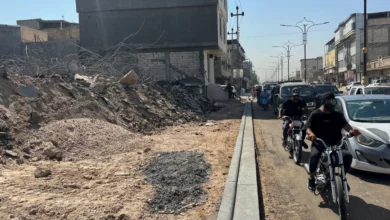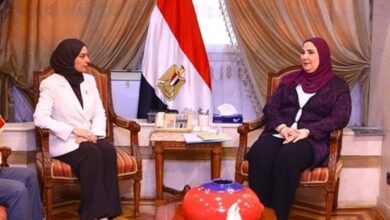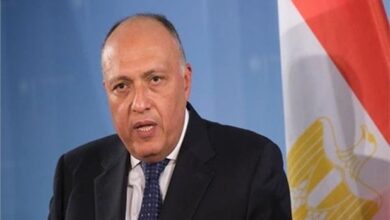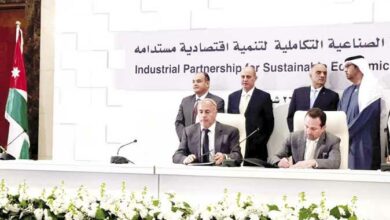Thousands of Bahrainis called for the downfall of their ruling monarch on Friday, one day after a brutal attack by the kingdom's military that killed at least five pro-reform protesters and injured hundreds more.
The cries against King Hamad bin Isa Al-Khalifa and his inner circle reflect an escalation in the demands by the protesters, who earlier in the week had called on the Sunni monarchy to weaken its hold on top government posts and address claims of discrimination against the Shia majority.
But Thursday's deadly attack on a protest encampment in the capital, Manama, in which at least 230 were injured, seems to have made the protesters more defiant — against the entire ruling party.
"The regime has broken something inside of me … All of these people gathered today have had something broken in them," said Ahmed Makki Abu Taki, whose 23-year-old brother Mahmoud was killed in the pre-dawn sweep through the protest camp in Manama's Pearl Square.
"We used to demand for the prime minister to step down, but now our demand is for the ruling family to get out," he said.
Outside a village mosque, several thousand mourners gathered to bury three men killed in the crackdown. The first body, covered in black velvet, was passed hand to hand toward a grave as it was being dug.
Amid the Shia funeral rites, many chanted for the removal of Sheikh Hamad and the entire Sunni dynasty that has ruled for more than two centuries in Bahrain, located east of Saudi Arabia in the Persian Gulf.
"The government has shaken something inside us all and we have lost all trust in it," Mohamed Ali, 40, a civil servant, said as he choked back tears.
"Our demands were peaceful and simple at first," he said. "We wanted the prime minister to step down. Now the demands are harsher and have reached the pinnacle of the pyramid. We want the whole government to fall."
In Manama, soldiers guarded the capital's main areas and placed roadblocks and barbed wire around Pearl Square and other potential gathering sites. Work crews were busy trying to cover up the protest graffiti.
Police vehicles were parked outside the city's Grand Mosque, where many government loyalists arrived for prayers with Bahraini flags draped over the traditional white robes worn by Gulf men. A march to support the monarchy was planned after the sermon.
On Thursday, Bahrain's leaders banned public gatherings in an attempt to keep the protest movement from re-igniting. But the underlying tensions in Bahrain run even deeper than the rebellions for democracy that began two months ago in Tunisia and later swept away Hosni Mubarak in Egypt and is challenging old-guard regimes in Libya and Yemen.
In the government's first public comment on the crackdown, Foreign Minister Khalid Al Khalifa said Thursday it was necessary because the demonstrators were "polarizing the country" and pushing it to the "brink of the sectarian abyss."
Speaking to reporters after an emergency meeting with his Gulf counterparts in Manama to discuss the unrest, he called the violence "regrettable," said the deaths would be investigated and added that authorities chose to clear the square by force at 3 am— when the fewest number of people would be in the square — "to minimize any possibility of casualties."




